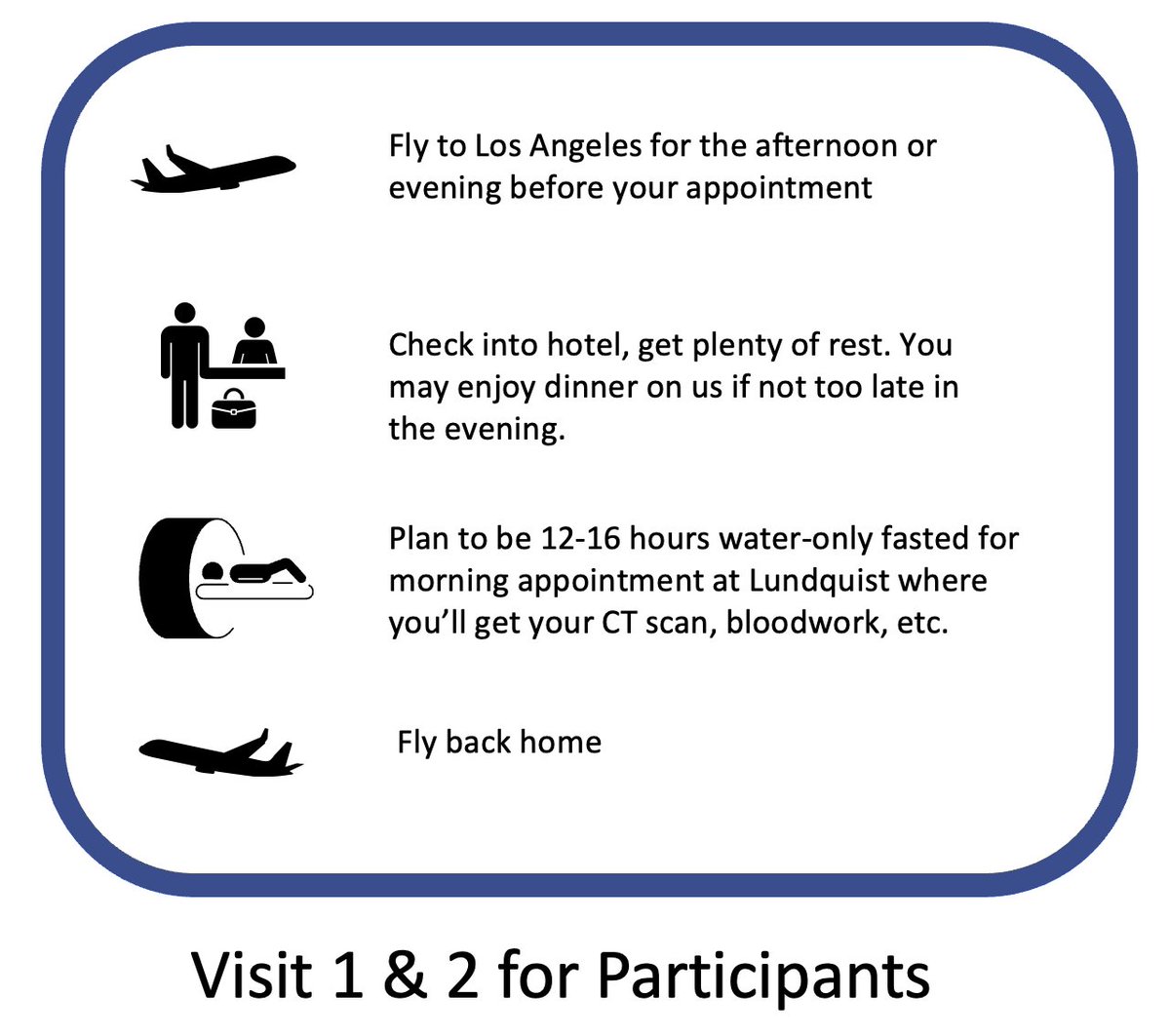1/ #ListeningThread @drlipid on @PeterAttiaMD #Drive
I always enjoy when Attia and Dayspring talk lipids. Looking forward to this one...
peterattiamd.com/tomdayspring6/
I always enjoy when Attia and Dayspring talk lipids. Looking forward to this one...
peterattiamd.com/tomdayspring6/
2/ At about eight minutes in Dayspring discusses how there is new emerging data on various things in the last couple years, particularly triglycerides and how they have taken center stage in relation to atherogenicity of an ApoB particle.
3/ About 10m in @PeterAttiaMD brings up the importance in distinguishing the difference between what ApB and LDL-P — of course, if you followed me for a while, you know this is a distinction of crucial importance for me (see cholesterolcode.com/thoughts-regar… )
4/ So I have some thoughts around the discussion following the 15:45 mark, but it’s not super Twitter friendly and I want to just keep going. I’m a double back with the thread of its own at some point...
5/ Wow — at around 23m in @PeterAttiaMD describes a (what I assume is) a hyper-responder case. (Possibly a LMHR...?)
Dayspring answer is worth listening to verbatim.
I’m moving this podcast to a #MustListen status
Dayspring answer is worth listening to verbatim.
I’m moving this podcast to a #MustListen status
6/ Full disclosure -- I had to pause the podcast to ruminate on these discussions, and now I need to take care of some business.
I'll restart this #ListeningThread later at my next bloc of convenience...
I'll restart this #ListeningThread later at my next bloc of convenience...
7/ At 35m in they are discussing the Vasa Vasorum.
@PeterAttiaMD differentiates the environments of the arterial lumen vs the VV with regard to insulin, glucose, sheer stress, etc. and why that should be considered a stronger suspect given potential risk of damage.
@PeterAttiaMD differentiates the environments of the arterial lumen vs the VV with regard to insulin, glucose, sheer stress, etc. and why that should be considered a stronger suspect given potential risk of damage.
8/ At around 37m in they start talking HDL cholesterol, expanding on our drug targeting of this marker has it yielded positive effects, along with a brief mention on Mendelian randomization studies as well.
9/ Talk about timing. At about halfway through – around the 60 minute mark — @drlipid talks about OxLP_ApoB test and its value (particularly in the context of Lp(a))
cc: @OxPL_apoB and @siobhan_huggins
cc: @OxPL_apoB and @siobhan_huggins
10/ Yes — the *same* assay that is the central focus of my just-completed experiment. (Data will be reported soon)
cholesterolcode.com/oxldl-replicat…
cholesterolcode.com/oxldl-replicat…
11/ At about 74m @drlipid points out that if one were only allowed to look at one metric to be cost effective, he would recommend LDL triglycerides (tho they concede that discreet assay isn’t commercially available). But I definitely agree that LDL-TG should be very meaningful.
12/ I'll concede the pharmacological topic isn't as interesting to me so I'll button up here.
Again, this podcast has definitely been very interesting for many reasons I've outlined above. (I don't think I'll re-cover the ground of ApoB vs LDL; see blog post for details on that)
Again, this podcast has definitely been very interesting for many reasons I've outlined above. (I don't think I'll re-cover the ground of ApoB vs LDL; see blog post for details on that)
• • •
Missing some Tweet in this thread? You can try to
force a refresh












